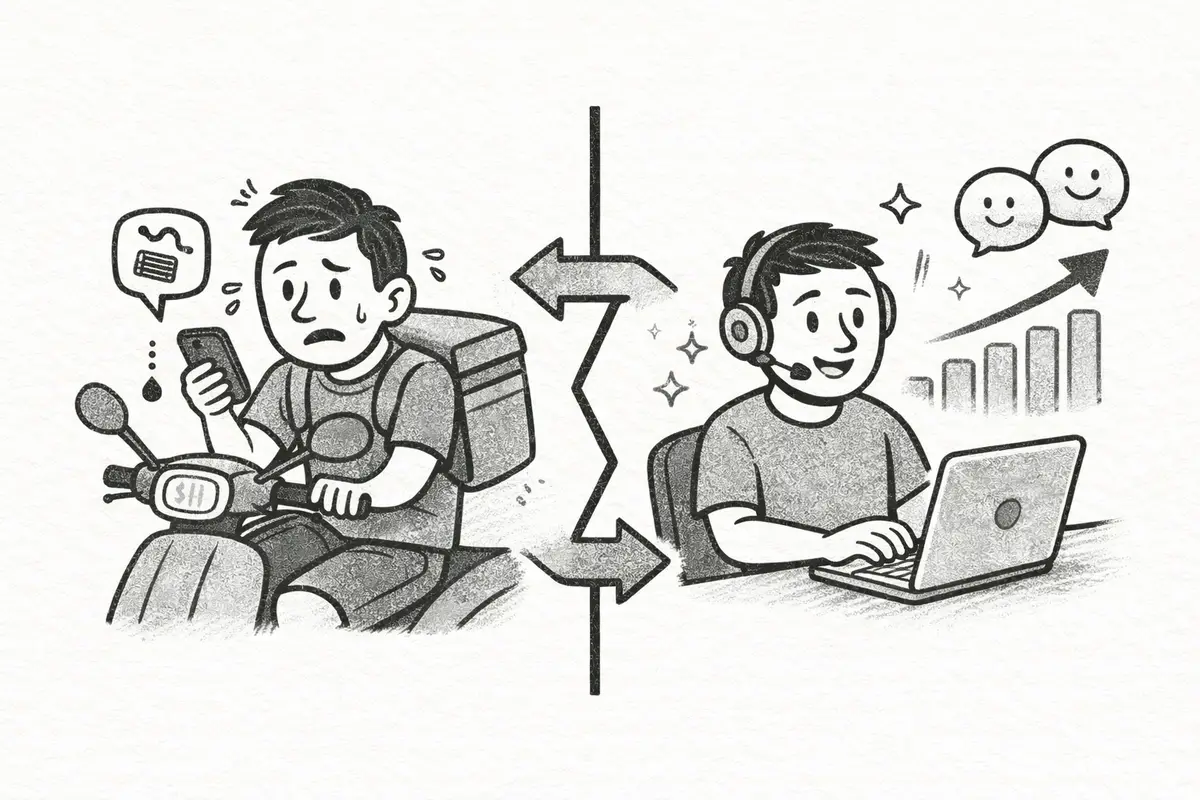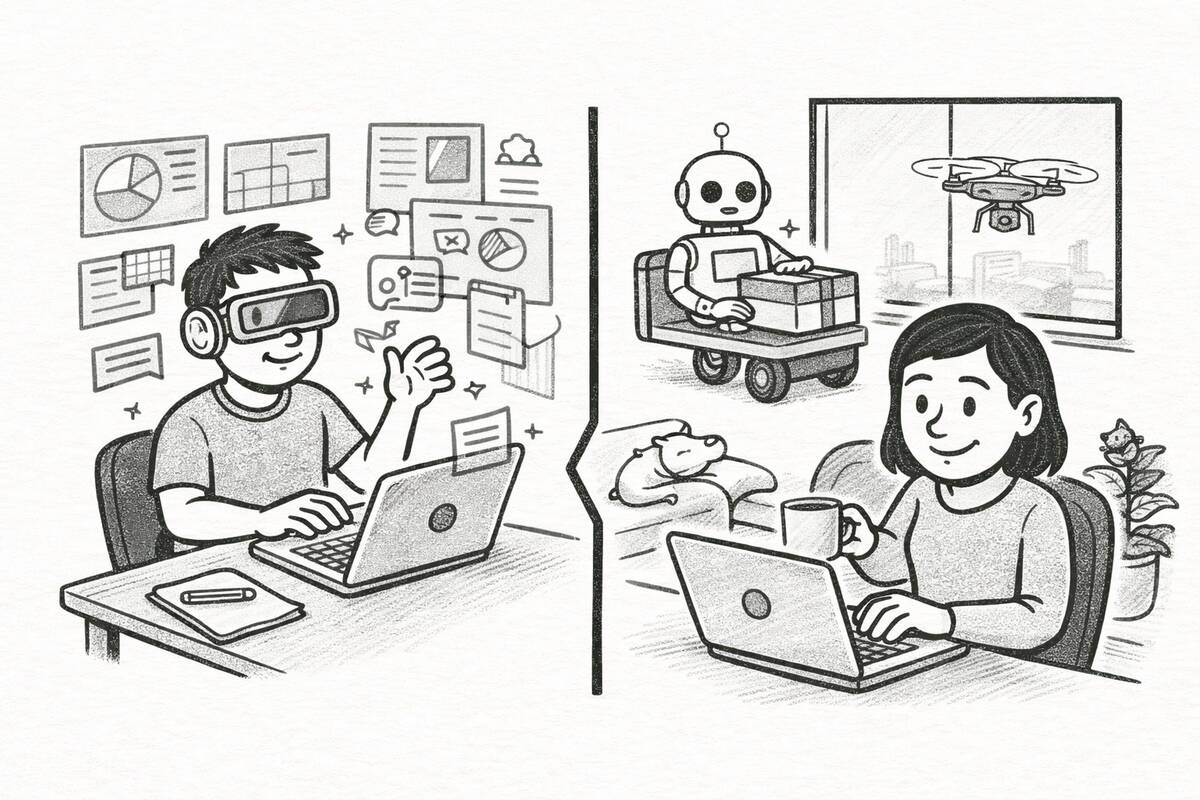The modern workforce is becoming increasingly mobile, with employees changing jobs more frequently than ever before. But is it better to stay with one company for the long term, or to move around and gain experience at different organizations? The answer is not clear-cut, as both paths have their benefits and drawbacks. In this article, we’ll take a closer look at the pros and cons of staying with one company versus moving around.
Advantages of Staying with One Company
Job security
One of the biggest benefits of staying with one company for the long term is job security. When you’ve been with a company for several years, you’ve built up a track record of success and have established strong relationships with your colleagues. This can make it less likely that you’ll be laid off or fired, as you’ve proven yourself to be a valuable member of the team. Furthermore, many companies have policies that reward long-term employees with increased job security, such as offering them priority in the event of a company-wide layoff.
Career advancement opportunities
Another advantage of staying with one company is the opportunity for career advancement. When you work for the same company for a long time, you have the chance to move up the ladder and take on more responsibility. This can lead to higher salaries, more prestige, and greater job satisfaction. Furthermore, when you have a good track record at one company, it’s easier to negotiate for promotions and raises, as your employer knows what you’re capable of.
Familiarity and comfort
Working for the same company for a long time also provides a sense of comfort and familiarity. You know the company culture, the work processes, and your colleagues, and you feel like you’re part of a community. This can lead to a sense of belonging and make your work life much more enjoyable. Furthermore, when you have strong relationships with your colleagues, it can make the work environment feel like a supportive and positive place to be.
Disadvantages of Staying with One Company
Lack of new challenges
When you stay with one company for an extended period of time, you may begin to feel like you’re stuck in a rut. The work may become routine, and you may find that you’re not being challenged in the way you used to be. This can lead to boredom, frustration, and a lack of motivation, which can negatively impact your work performance. Additionally, if the company doesn’t offer opportunities for growth and development, you may feel like you’ve reached a dead end in your career.
Limited exposure to new industries and technologies
Staying with one company for a long time can also limit your exposure to new industries and technologies. When you work for the same company for many years, you may not have the opportunity to work with cutting-edge technology or to explore different industries. This can make it difficult to stay current with industry trends and developments, and can limit your ability to expand your skill set.
Opportunities for growth may be limited
Finally, staying with one company for a long time may also limit your opportunities for growth. When you work for the same company for many years, you may not be able to take on new responsibilities or to move into new areas of the company. This can make it difficult to keep your skills and knowledge up-to-date, and can limit your ability to take on new challenges.
Advantages of Moving Around
Gain exposure to different industries and technologies
When you move from one company to another, you have the opportunity to gain exposure to different industries and technologies. This can help you expand your skill set and broaden your knowledge base, making you more versatile and marketable in the job market. Additionally, working for different companies can give you the chance to see how different organizations operate, and can give you a better understanding of what you like and dislike in a work environment.
Opportunities for career advancement
Moving around can also provide opportunities for career advancement. When you work for a new company, you have the chance to start at a higher level than you would have if you had stayed with your previous employer. Furthermore, when you work for different companies, you have the opportunity to take on new responsibilities and to try out new roles, which can help you determine what you’re best suited for.
Avoid boredom and complacency
Moving around can also help you avoid boredom and complacency. When you work for different companies, you’re exposed to new challenges, new work processes, and new colleagues. This can keep you engaged and motivated, and can help you continue to grow and develop as a professional.
Disadvantages of Moving Around
Less job security
One of the biggest drawbacks of moving around is the lack of job security. When you work for different companies, you may be more susceptible to layoffs, as you don’t have the same level of tenure as someone who has been with the same company for several years. Additionally, when you work for many different companies, it can be more difficult to negotiate for promotions and raises, as you don’t have a track record of success with any one employer.
Difficulty establishing relationships
Another disadvantage of moving around is the difficulty of establishing relationships. When you work for different companies, you may struggle to build strong relationships with your colleagues. This can make the work environment feel less supportive and less positive, and can impact your overall job satisfaction. Additionally, when you work for many different companies, it can be more difficult to develop a professional network, which can make it more challenging to find new job opportunities in the future.
Cost of job changes
Finally, moving around can also be expensive. When you change jobs, you may incur costs such as relocation expenses, the cost of job search and interview expenses, and the cost of updating your professional wardrobe. Additionally, when you change jobs frequently, you may have gaps in your resume, which can make it more difficult to find new job opportunities in the future.
Conclusion
In conclusion, both staying with one company for the long term and moving around have their benefits and drawbacks. Whether you choose to stay with one company or move around will depend on your personal preferences, your career goals, and your individual circumstances. It’s important to weigh the pros and cons carefully and to make a decision that’s best for you. Regardless of which path you choose, the key to success is to stay engaged, motivated, and committed to continuous learning and development.
You might also like: Is the Gig Economy Dying or Evolving?









